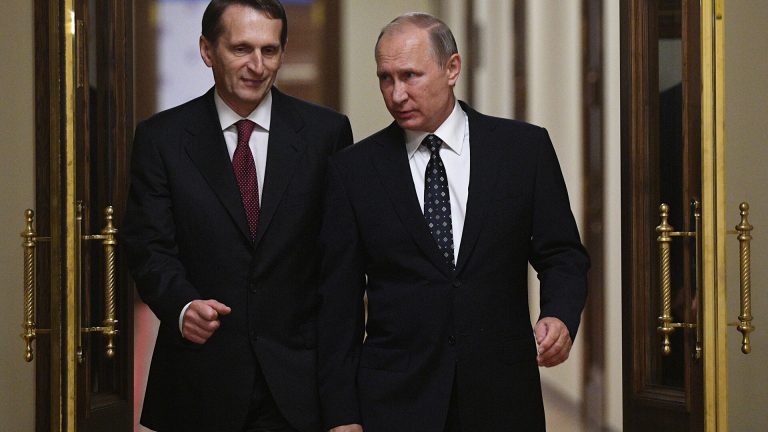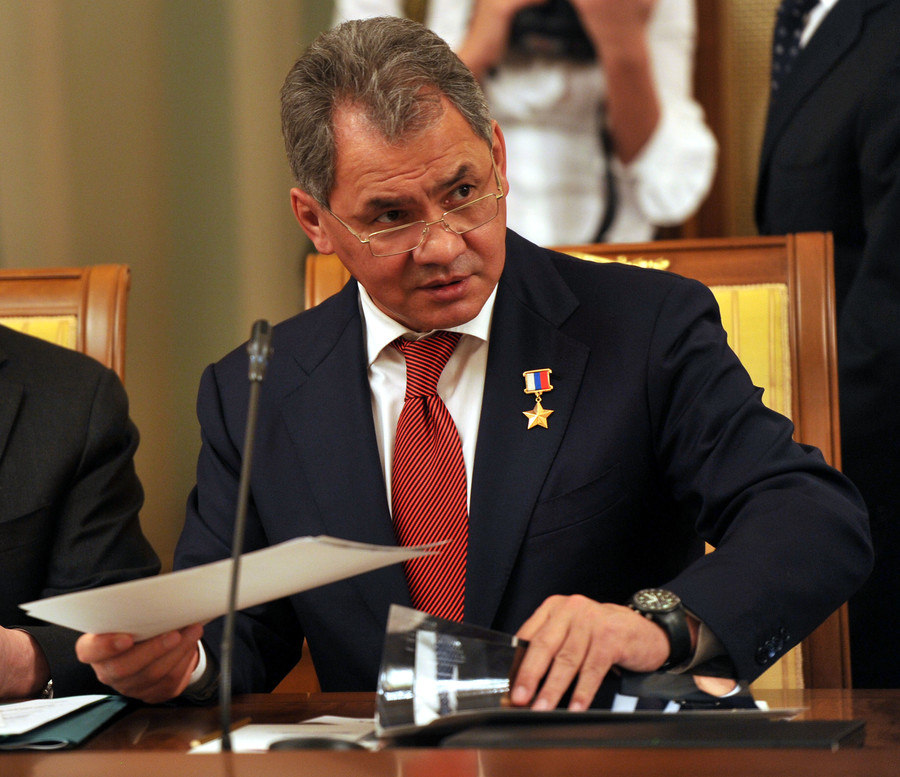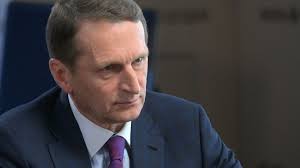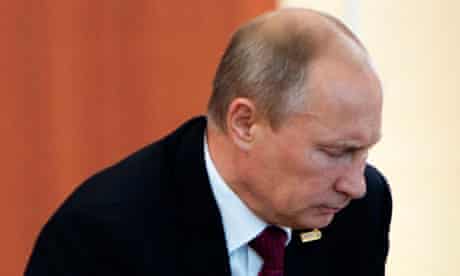As so-called transfer in Russia is oncoming and relations between the Kremlin and the West are strained, possibilities open up for talks with some Russian leaders, likely to seek for the presidency, with less aggressive and radical view of the country’s foreign policy.
Some pressure groups from Russian president’s entourage are unhappy with the Kremlin’s aggressive policies toward the West and seek different, more friendly relations.
The head of Russia’s Foreign Intelligence Service (SVR), Sergei Naryshkin, for example, announced his interest in cooperation with the US Central Intelligence Agency (CIA) “based on partnership.”
In a recent meeting with CIA Director William Burns, he noted Moscow’s interest “in developing mutually beneficial cooperation based on generally accepted partnership standards,” including confidentiality and observance of unspoken ethical rules adopted by global intelligence community.
That is not the first time Naryshkin has shown his adherence to alternative Russia’s foreign policy model. His views are close to the internal policy group at Russia’s Presidential Administration that prefers informational rather than forceful ways to suppress civil society and seeks predictable relations with the United States and the EU.
Kiriyenko, in particular, belongs to this Group. But it is difficult for people like Deputy Head of Administration Sergei Kiriyenko to resist the Shoigu and Patrushev groups, or some independent strategists close to the Defense Ministry, like Surkov.
They are trying to impose the narrative about allegedly agressive West, eager to attack Russia. That narrative is being constantly put in Putin’s head, appealing to his Soviet worldview and mindset.
With those narratives brought to Russia’s President attention, «siloviki» succeed in getting more budget funding, as most of it goes to the heads of those agencies due to corruption schemes.
Naryshkin, however, uses intelligence officers working under diplomatic cover in Europe to test the ground for direct access to European leaders to negotiate. Such West-friendly groups are tired of the sanctions against Russia, as they are unable to work in Europe freely.
After all, bureaucrats and oligarchs in Russia understand that ongoing policy of confrontation by Shoigu that helps him to weaken Putin, as he is eager to take his place, might result in a complete catastrophe of Russia’s economy, with foreign assets lost.







